Jesse Edward Tenenbaum 2022 Field Report
Queer (LGBT+) Spaces in Nicaragua: How they contribute to Queer well-being in contemporary Nicaraguan society
Abstract
Based on preliminary fieldwork in Nicaragua in 2022, I discuss the prevalence and importance of spaces used by LGBT+ Nicaraguans for their well-being, community-building, and empowerment. As in many other countries, socio-economic class and urban/rural dynamics impact the types of spaces available and who has access to them among LGBT+ Nicaraguans. However, Nicaragua’s distinct political realities and strong history of feminist activism compared to neighboring countries nuance the LGBT+ spaces and experiences in contemporary Nicaraguan society. On my preliminary field visits, I observed the implications of class on societal acceptance and access to spaces where Queer Nicaraguans can safely be themselves. For example, Nicaraguans from middle- and upper-class backgrounds tend to have access to spaces like hotels, restaurants, bars, and clubs where they can participate in displays of same-sex affection without repercussions to their social or physical wellbeing. Sadly, the average Nicaraguan cannot typically afford to spend time in these spaces, but they do have other networks and ways to form community, notably via the internet and through gay or trans- specific organizations like NGOs. It is also difficult to discuss a clear or consistent trajectory regarding LGBT+ rights and perceptions in contemporary Nicaragua because of the political realities of the current government, and the aftermath of the tension that began in 2018. Although still in its initial stages, my work advances the growing discourses around Queer space-making, community building, and wellbeing in the Global South, using Nicaragua as a case study.
I examine contemporary Queer spaces in Nicaragua to understand how they contribute to the changing social and cultural landscape for LGBT+ Nicaraguans. Despite having a history of policies and societal attitudes that are not considered “friendly” toward Queer individuals, Nicaragua also has a deeply embedded culture of activism and protest, and the country has made progress in its legal protections for LGBT+ individuals since de-criminalizing homosexual activities in 2008. To answer my questions: How have physical spaces that LGBT+ people use in Nicaragua changed in recent years? What kinds of spaces are effective at fostering a sense of community and safe spaces for Queer Nicaraguans? Who can access these spaces and what obstacles do people who cannot access them face? I plan to conduct fieldwork in the country, consisting of qualitative research methods, especially semi-structured in-depth interviews and extensive participant observation. Here I discuss preliminary findings based on field visits made to Nicaragua in March, July/August, and December of 2022.
Keywords: LGBT+, Queer Spaces, Nicaragua, Queer Geography, Community
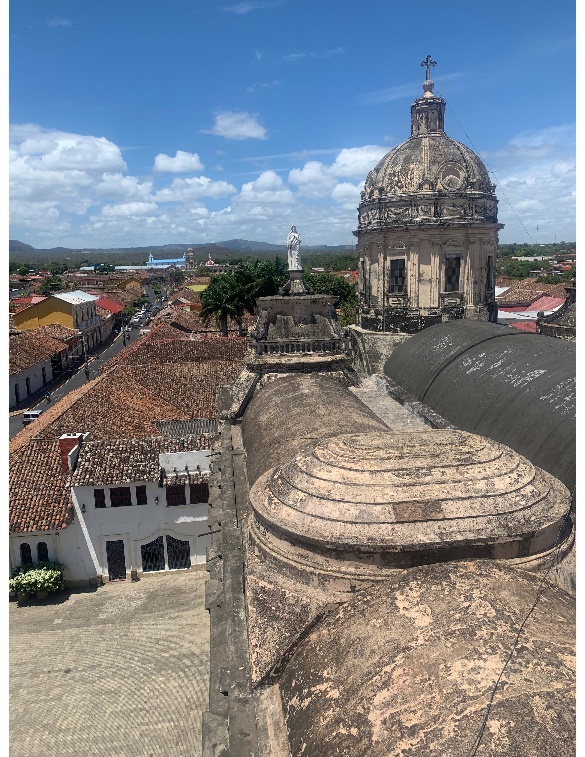
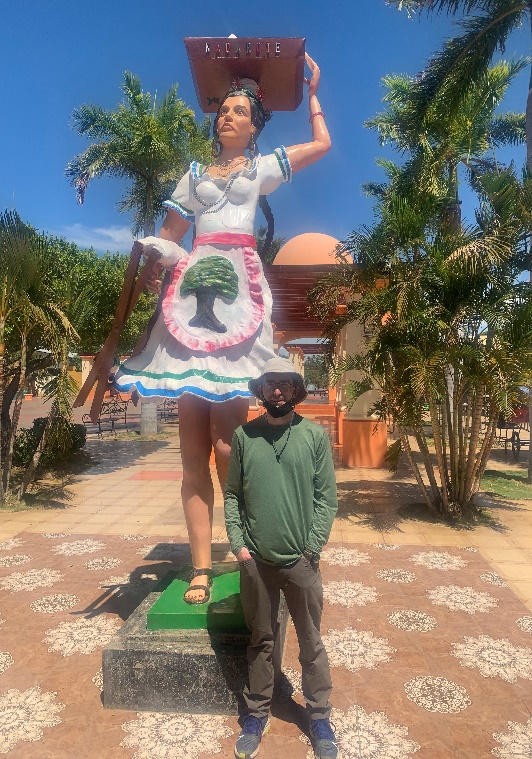
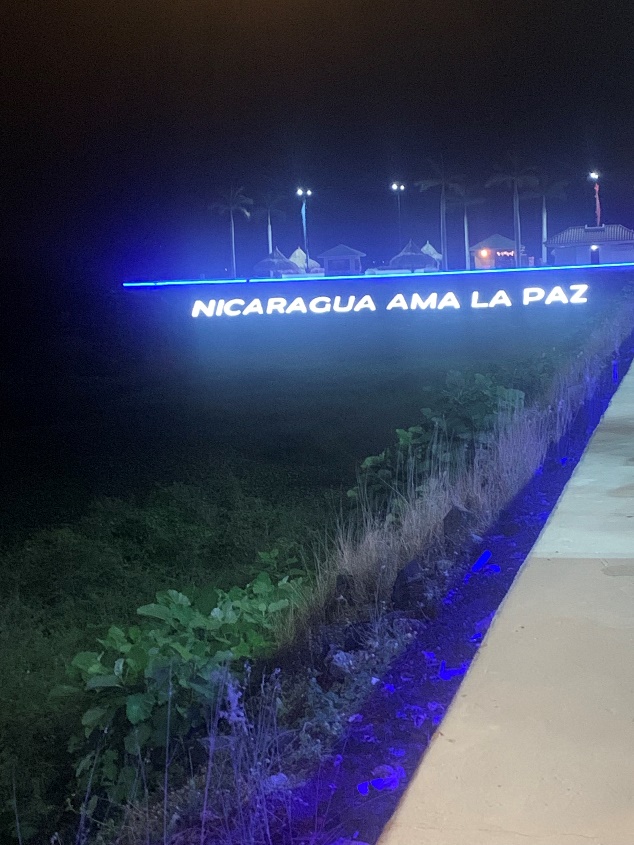
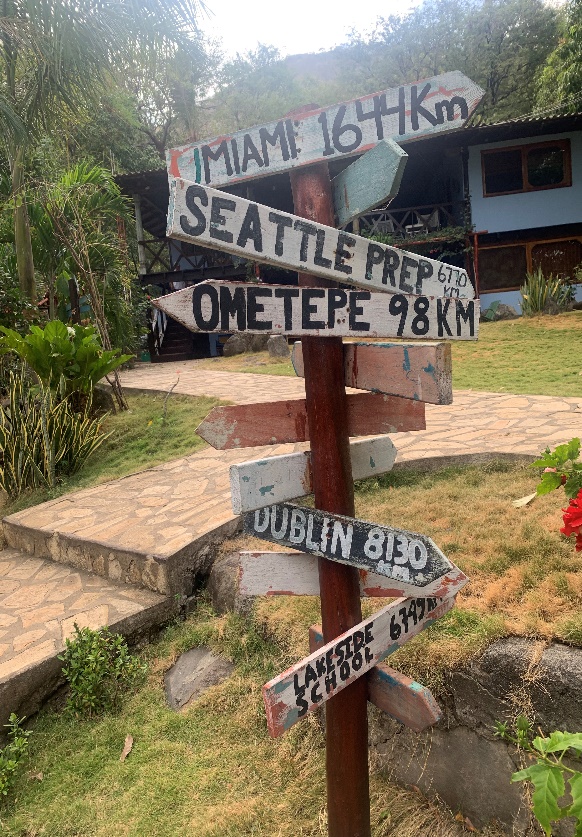
I am very appreciative to have received the $1,600 field study award from CLAG. The funds benefited my study while in Nicaragua in July and August of 2022. It covered round trip flights between Miami and Managua, which were quite expensive at this time due to the global fuel crisis linked to the Russian invasion of Ukraine and the surge in people traveling internationally for the first time ”post” Covid, as well as the continuing effects of Nicaragua’s political isolation stemming from events in 2018. This meant that until just recently, Avianca/TACA was the only airline operating flights to Managua from the US ($1,021.80). Additionally, I had to pay fees of $95 and $96 to change the dates of my flights due to Covid complications while I was traveling, for a total cost of $1,212.80 for flights. The rest of the money ($387.20) was applied toward lodging for myself, and meals for myself and several contacts who will be willing to participate in my study when I return to Nicaragua for formal fieldwork and data collection. Being in the field and speaking with individuals whom I wish to write about was incredibly helpful, as we can only glean so much information from reading background literature and previous studies. As I intend to study the contemporary spaces and experiences of LGBT+ Nicaraguans, talking with individuals about their lives and situations in the past several years is vital. Having received this grant relieved financial pressure from me as a graduate student, and allowed me to ensure I could go to the places I deemed important to my study without having to worry that I would not have enough money.
During the total of 7 weeks that I have spent in Nicaragua this year, I spent the most time in the city of Granada, which happens to be where I have a larger number of contacts, and where I have come to feel especially comfortable, though I also spent time in Managua at the start and ends of each of my trips, as well as shorter visits to León, Catarina, Masaya, Ometepe island, and the coastal communities of San Juan del Sur, Popoyo, and El Gigante. So far, most of the LGBT+ life I have observed has been focused in urban areas, but I met a number of gay and trans individuals who are from rural areas and have migrated to the cities for work or study opportunities. However, future research would benefit greatly from a further exploration of rural vs urban spaces, and a critical interrogation of what constitutes urban and rural spaces in Nicaragua would be helpful context for this study.
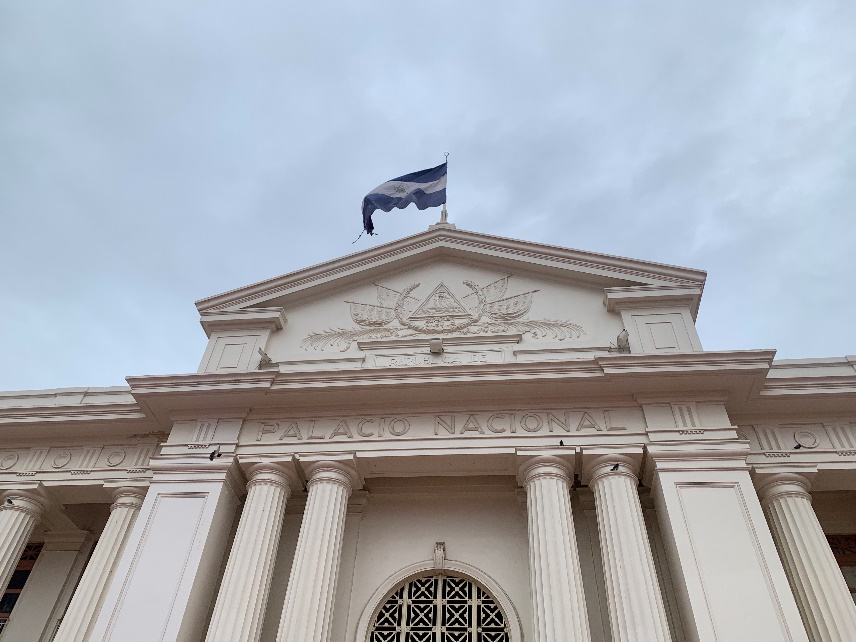
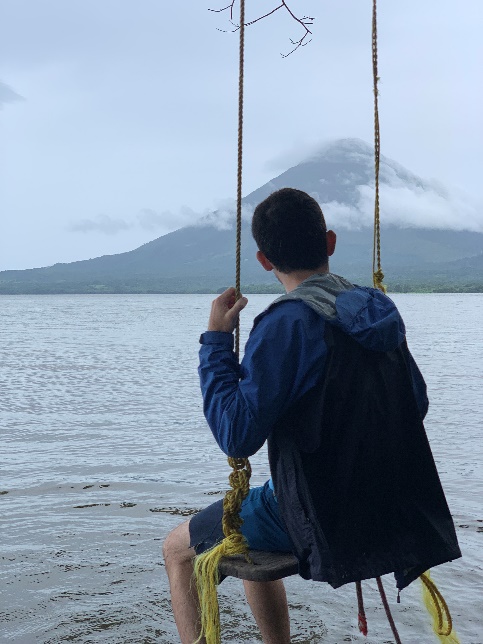
Please see the full report for more details.


















